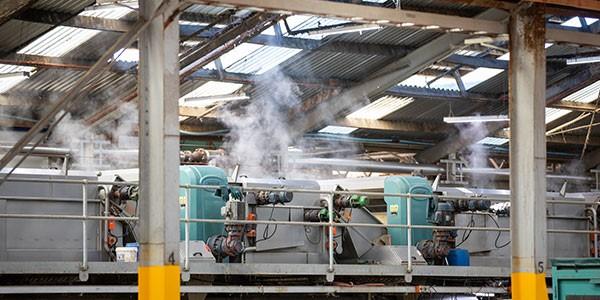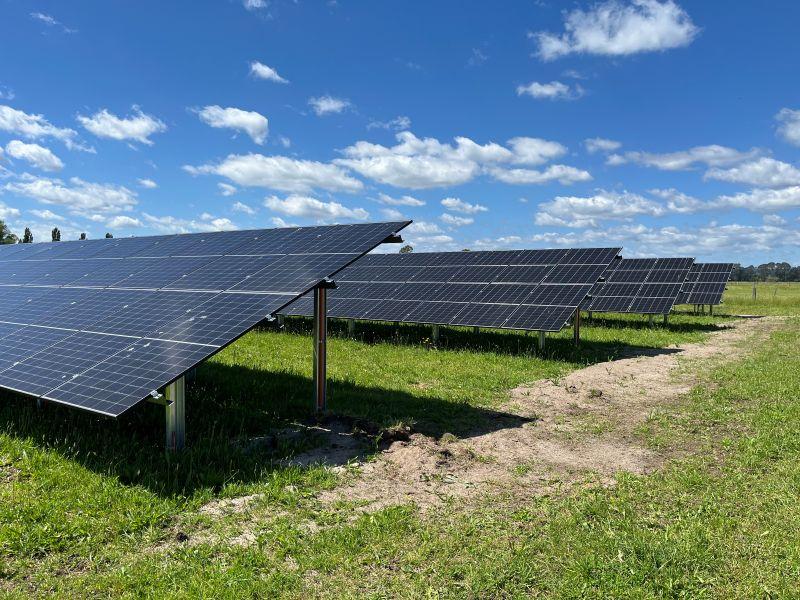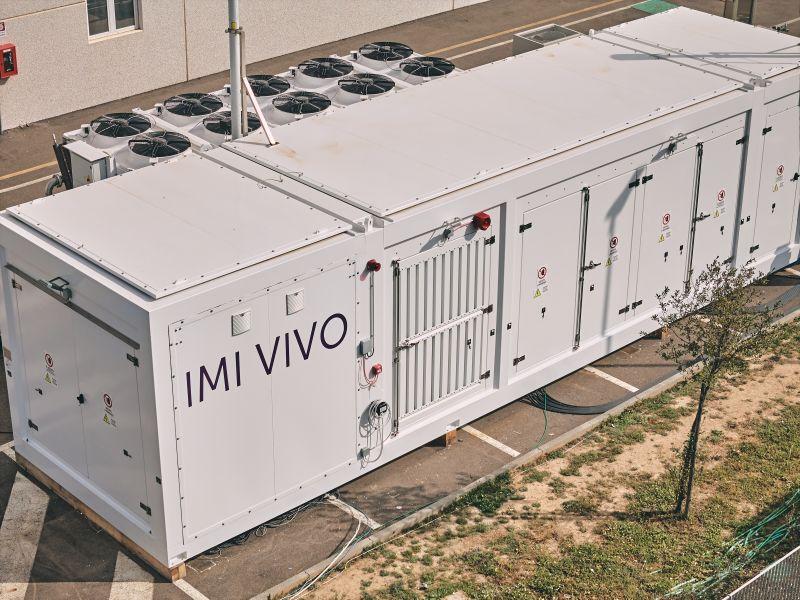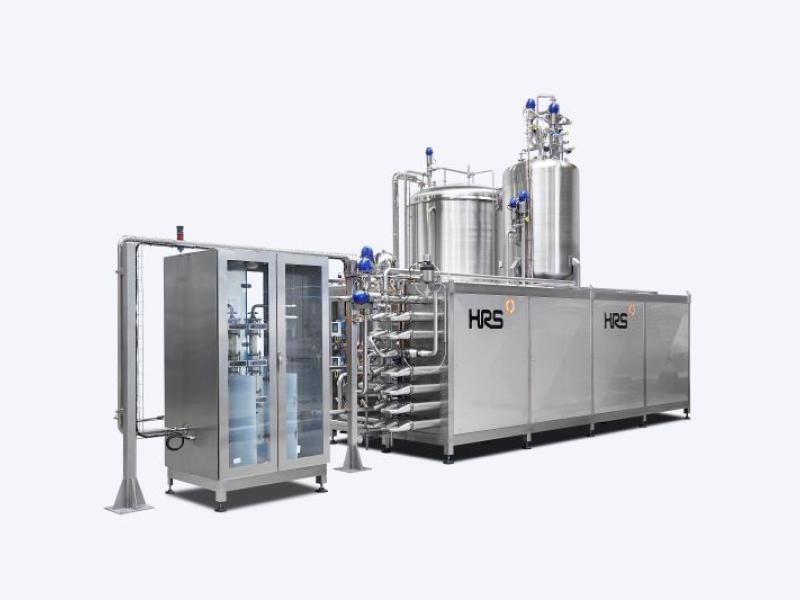In support of the transition to renewable energy, EECA has published new data highlighting South Island industry’s heavy reliance on coal and the size of the job ahead to decarbonise and help New Zealand meet its climate targets.
Mapping of fossil fuel use (in systems over 500 kw) for industrial processes across the South Island has revealed a total of 176 fossil fuel-powered sites and 315 large boilers or industrial equipment. Approximately 92% of process heat consumption, which relies primarily on fossil fuel, has been found to be fuelled from coal. Further to coal, the data identifies 4% LPG and 3% diesel use. The data is not exhaustive but captures a significant sample of sites.
“The data published is estimated to cover 85% of all large-scale coal usage in the South Island. This gives us a great representation of the size of the problem – that we are committed to tackling,” says Nicki Sutherland EECA Group Manager, Business.
The data collection has been a collaborative effort between EECA, Transpower, and electricity distribution businesses across the country, with data collection led by Deta Consulting. It has expanded the coverage of our interactive Regional Heat Demand Database tool – users can now explore heat demand across the whole South Island (where previously only Canterbury and Southland were covered).
Alongside this new data being published EECA has opened Round 5 of our GIDI Process Heat Contestable Fund.
“We’re encouraging all industrial process heat users who are eligible to apply if the costs of decarbonisation are challenging – we want it to be our best round yet,” says Nicki.
Up to 50% government co-funding is available for industrial businesses who reduce existing emissions through demand reduction or by choosing a renewable option over business as usual. Total projects costs must be at least $300,000 with projects commissioned and operational by 31 December 2027. Further EECA support is expected to become available for smaller projects in 2023.






